This post may contain affiliate links which means I will get a commission if you make a purchase at no additional cost to you. As an Amazon Associate I earn from qualifying purchases. Please read my disclosure for details.
Veganism has taken the world by storm, gaining traction as an ethical, sustainable, and health-conscious choice. From plant-based burgers to dairy-free cheese, more people are jumping on the vegan bandwagon.
But while it may seem like the ultimate answer to ethical eating and environmental sustainability, veganism has its challenges. Before you trade in your steak for soy, let’s explore the seven reasons why veganism isn’t the perfect solution for everyone.
1. Not All Plant-Based Diets Are Healthy

WANT TO SAVE THIS RECIPE?
Switching to a vegan diet doesn’t automatically mean you’re eating healthier. Many processed vegan foods are loaded with refined sugars, artificial additives, and unhealthy oils.
Vegan junk food—think deep-fried mock meats, processed veggie burgers, and dairy-free desserts—can be just as unhealthy as traditional fast food.
Without proper planning, a vegan diet can lead to nutritional imbalances, including deficiencies in vitamin B12, iron, omega-3 fatty acids, and protein, which are crucial for overall well-being.
Try This Recipe: Easy Candied Grapes (3 Ingredients!)
2. Veganism Can Be Nutritionally Challenging
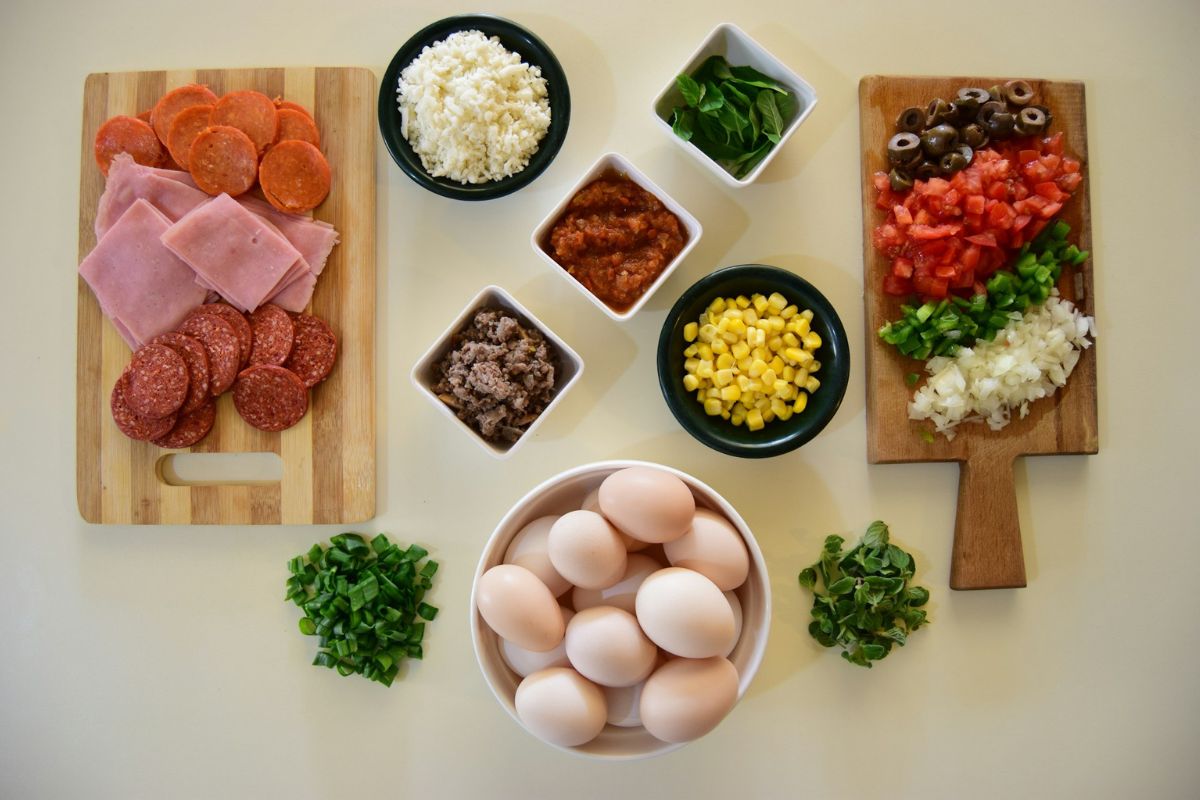
While a well-planned vegan diet can provide essential nutrients, it requires a deep understanding of food sources and supplementation. Vitamin B12, which is vital for brain function and energy levels, is primarily found in animal products.
Iron from plant-based sources is less bioavailable than heme iron from meat, making it harder to absorb. Omega-3s from flaxseeds and walnuts don’t convert efficiently into EPA and DHA, crucial for heart and brain health. Many vegans need supplements to meet their nutritional needs.
Try This Recipe: Everything Free Cookies (dairy-free, gluten-free, egg-free, nut-free)
3. Ethical Dilemmas Still Exist in Veganism
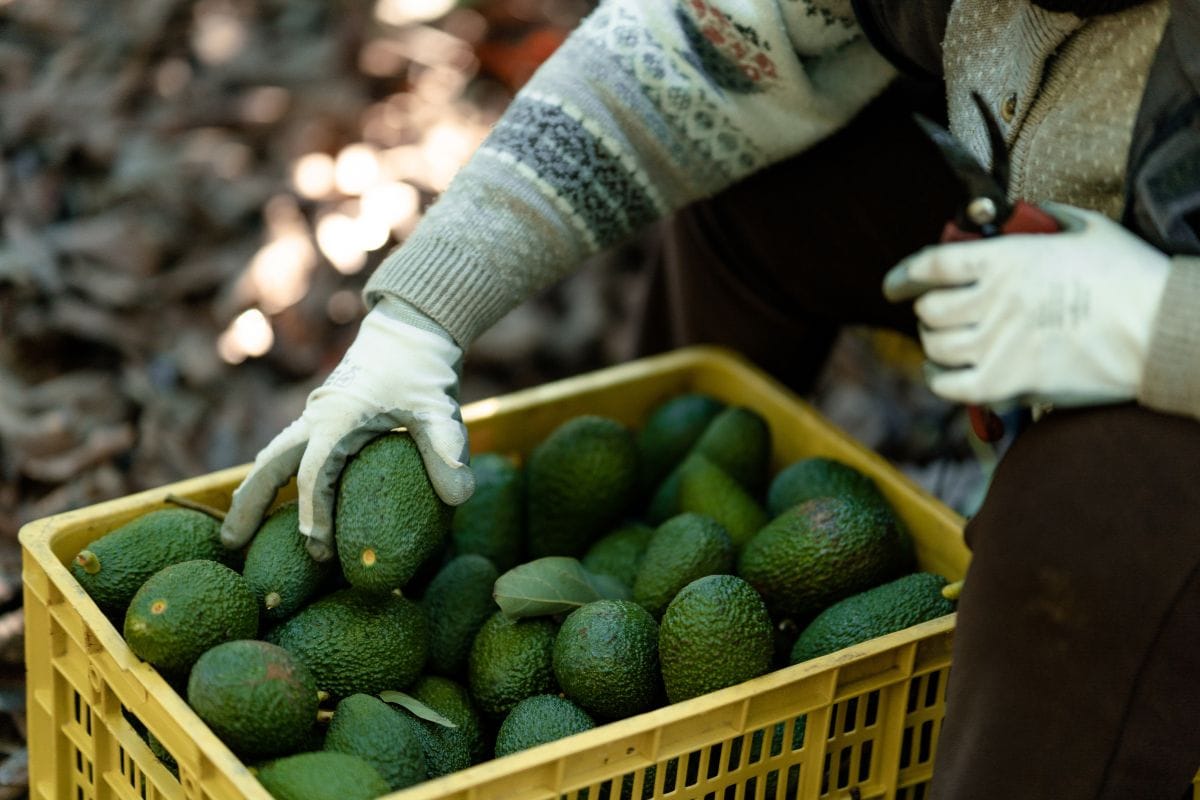
Veganism is often seen as the ultimate ethical choice, but plant-based diets have their own moral gray areas. Industrial farming of soy, almonds, and avocados requires vast amounts of land and water, leading to deforestation and habitat destruction.
Large-scale monoculture farming displaces and harms wildlife, while certain crops rely on exploitative labor practices. While avoiding animal products reduces some harm, it doesn’t eliminate the ethical concerns tied to food production.
Related Post:
4. Environmental Impact Isn’t Always Lower
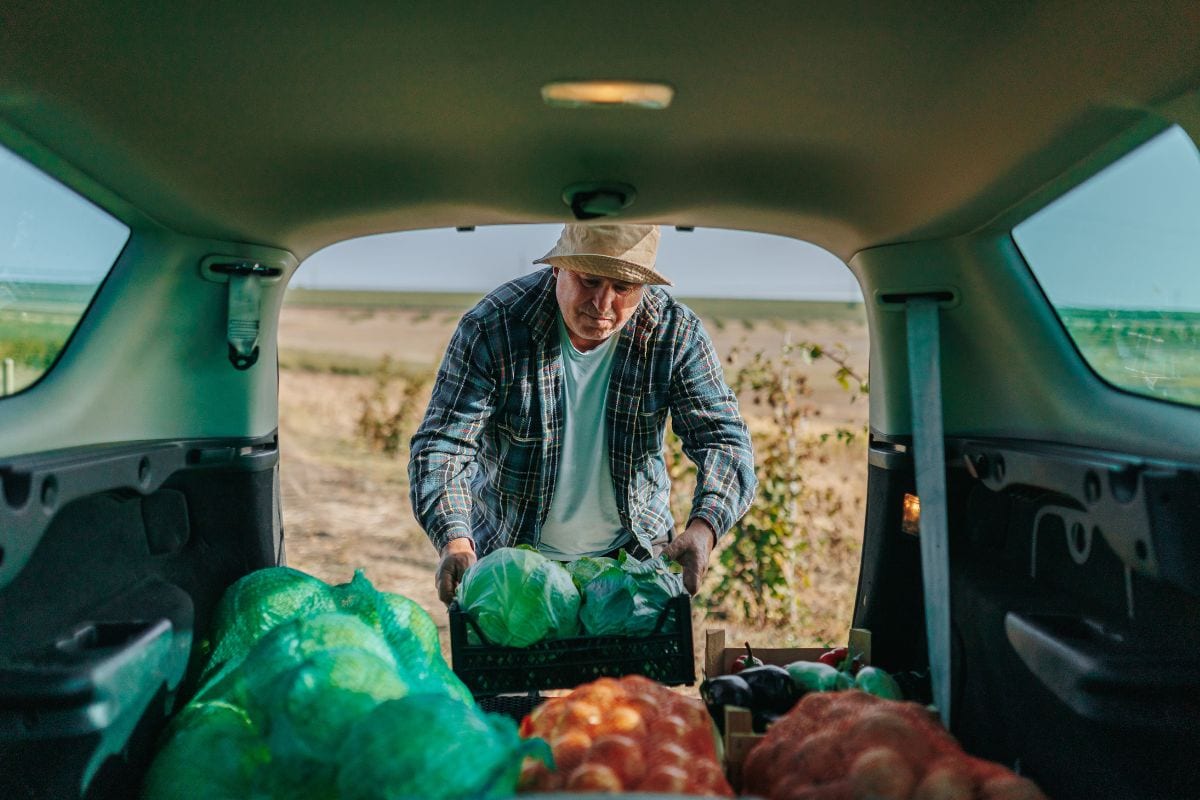
Many believe that veganism is the most sustainable diet, but the truth is more complex. While reducing meat consumption helps lower greenhouse gas emissions, certain plant-based foods have a significant environmental footprint.
Almond milk, for example, requires enormous amounts of water, and avocado farming contributes to deforestation. Transporting exotic vegan superfoods like quinoa and acai from distant countries increases carbon emissions. A balanced, locally sourced diet may sometimes be more eco-friendly than strict veganism.
Related Post: 25 Crowd Pleasing Vegan Appetizers Guests Can’t Resist
5. Accessibility and Affordability Can Be Barriers
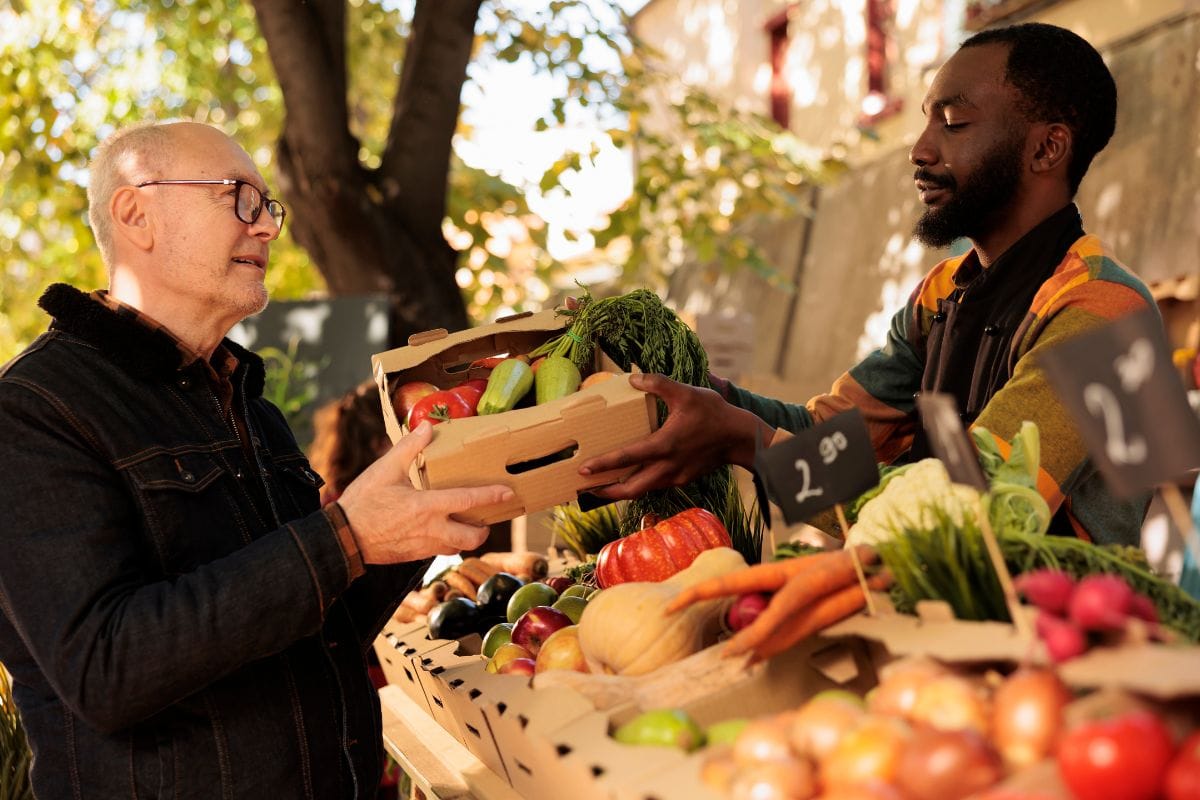
Eating a nutritious vegan diet isn’t always easy or affordable for everyone. While whole plant-based foods like beans, lentils, and rice are inexpensive, many vegan substitutes—such as dairy-free cheese, meat alternatives, and specialty vegan snacks—come with a hefty price tag.
In food deserts, where fresh produce is scarce, plant-based diets can be even more challenging. For many low-income families, a well-balanced omnivorous diet is more practical and accessible than an exclusively vegan one.
Sign up now to receive our exclusive e-cookbook filled with top-rated recipes for FREE!
6. Cultural and Traditional Diets Are Overlooked

For many cultures, food is deeply tied to history, tradition, and identity. Veganism can sometimes dismiss the significance of traditional diets that include animal products, such as Mediterranean cuisine with its reliance on fish, or Indigenous diets that emphasize nose-to-tail eating for sustainability.
Insisting on veganism as the only ethical choice disregards generations of sustainable, respectful food practices that have nourished people for centuries in a way that aligns with nature.
Try This Recipe: 25 Cheap Family Dinners So Filling, Everyone Will Leave the Table Happy
7. Personal Health Needs Vary
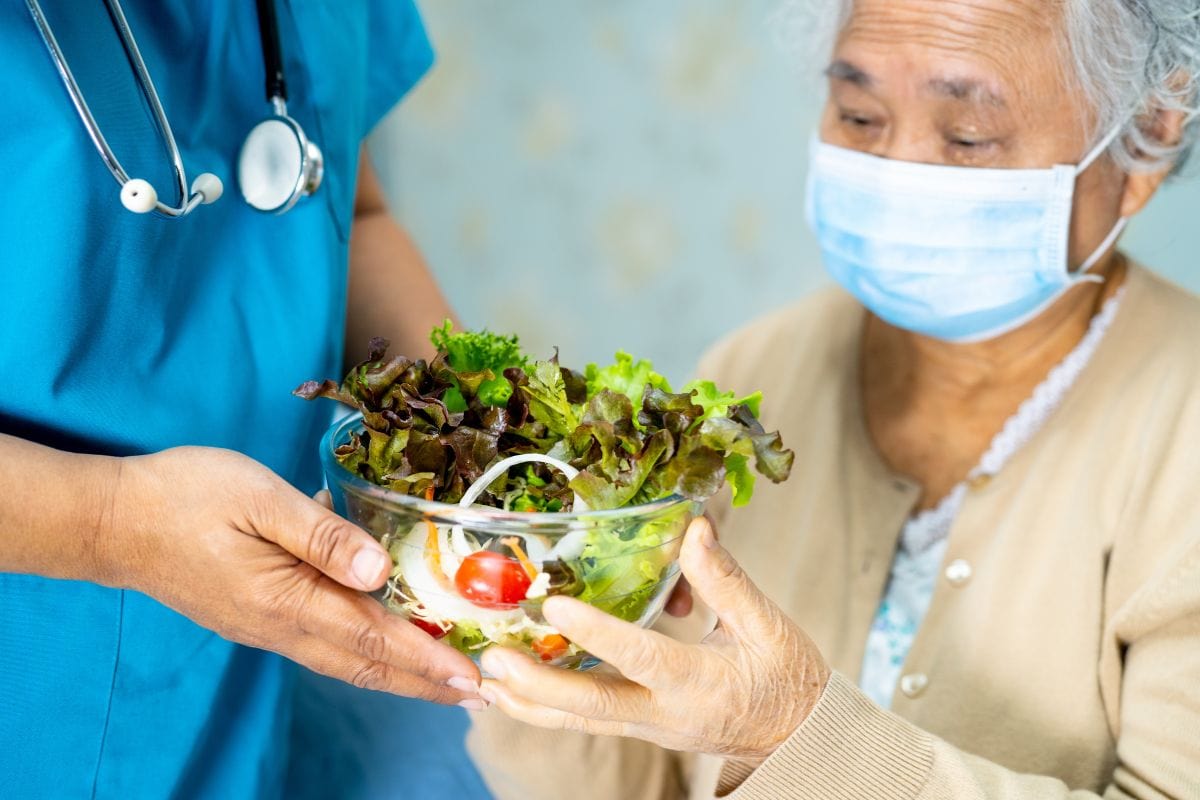
A one-size-fits-all approach to diet simply doesn’t work. Some individuals thrive on a vegan diet, while others struggle with health issues such as digestive problems, autoimmune disorders, or blood sugar imbalances.
Certain medical conditions require higher levels of protein, healthy fats, and essential nutrients that are more bioavailable in animal products. Personalized nutrition is key—what works for one person might not work for another, and strict veganism isn’t always the healthiest choice for everyone.
Try This Recipe: 15 Make-Ahead Meals Perfect for Retirees Living Solo
Final Thoughts
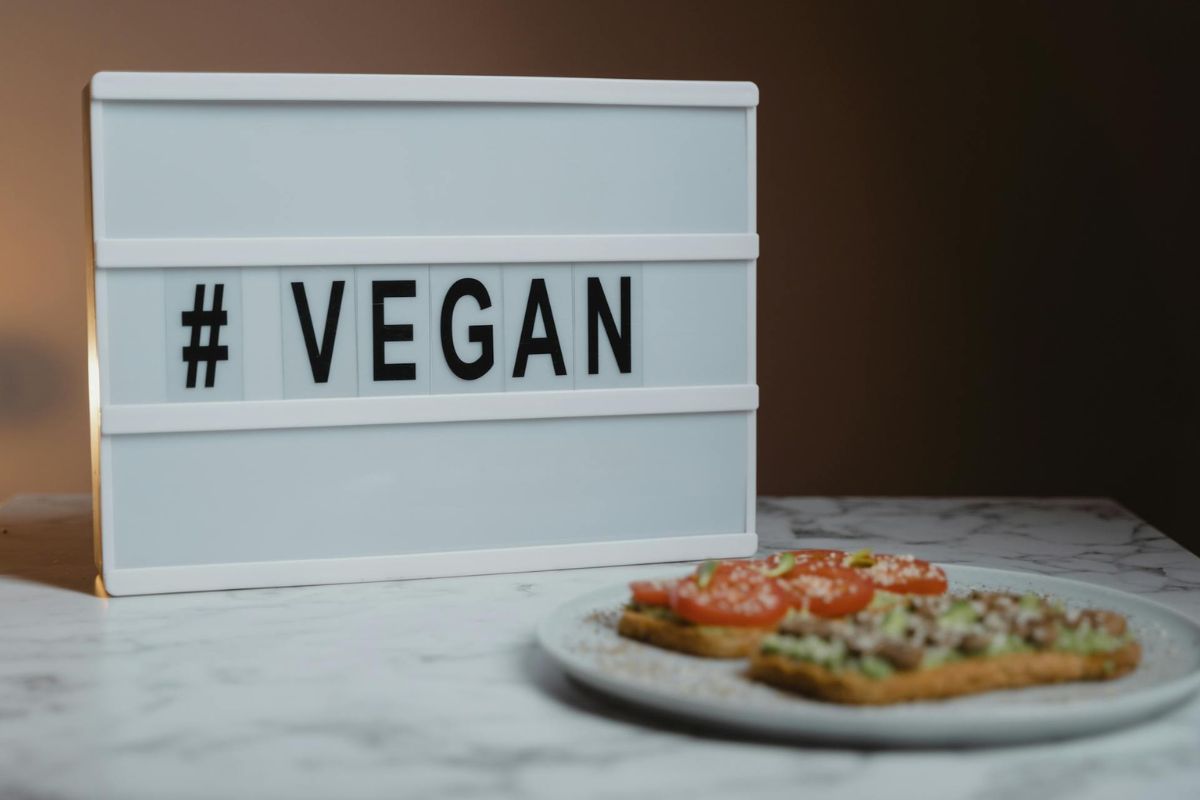
Veganism offers many benefits, but it’s not the flawless solution it’s often portrayed to be. From health challenges to environmental concerns and cultural considerations, a plant-based diet has its own complexities.
The best approach to eating is one that balances sustainability, ethics, health, and accessibility. Rather than adopting a rigid dietary philosophy, focusing on conscious, locally sourced, and whole foods—whether plant-based or omnivorous—may be the most practical and nourishing choice in the long run.
Disclaimer: This list is solely the author’s opinion based on research and publicly available information.
12 Healthy Comfort Foods That Boomers Would Love
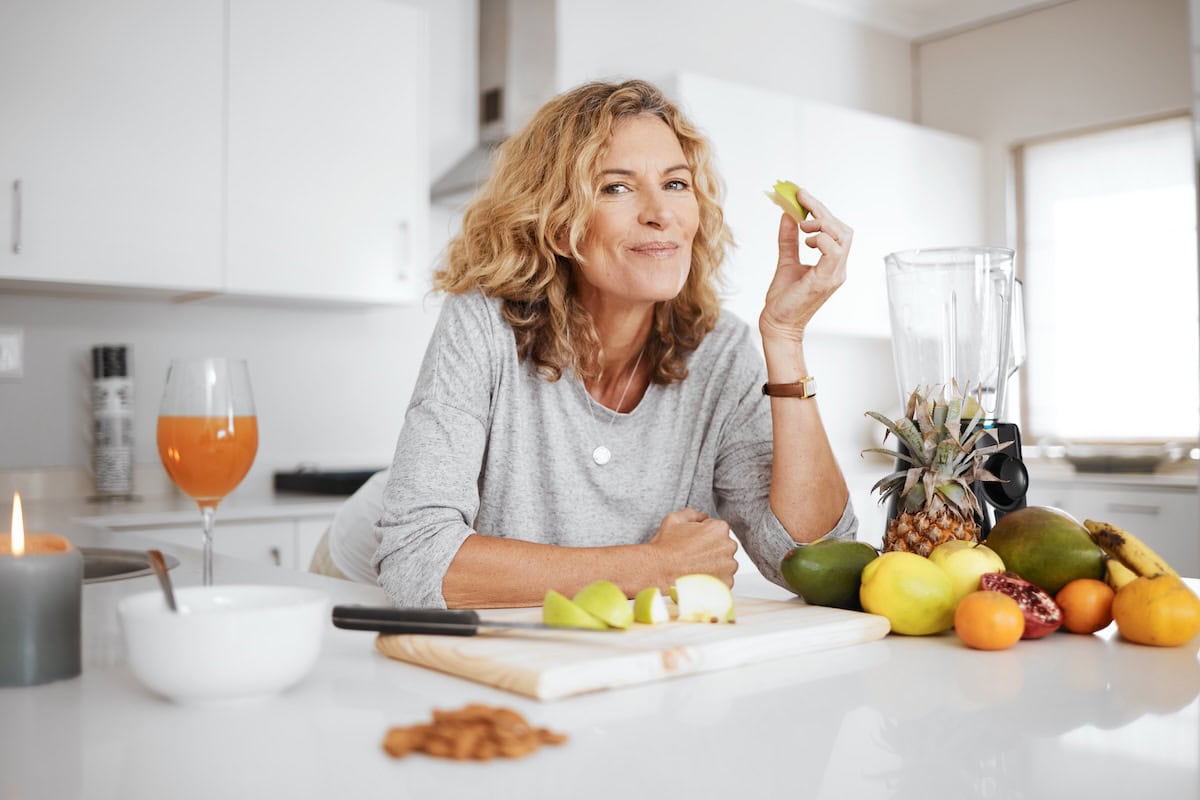
Comfort food is often associated with indulgence, but it doesn’t have to be unhealthy. For baby boomers, finding meals that are both satisfying and nutritious is essential for maintaining a healthy lifestyle.
Read it here: 12 Healthy Comfort Foods That Boomers Would Love
12+ Leftover Recipes So Good, You’ll Forget They’re Leftovers

Don’t let your leftovers go to waste! With a little creativity, you can transform yesterday’s meals into fresh, exciting dishes. From hearty soups to flavorful stir-fries, these recipes will help you stretch your ingredients while keeping things delicious. Here are 12+ recipes that breathe new life into leftovers.
Read it here: 12+ Leftover Recipes So Good, You’ll Forget They’re Leftovers
The 15 Worst Snacks Baby Consumers Are Still Buying
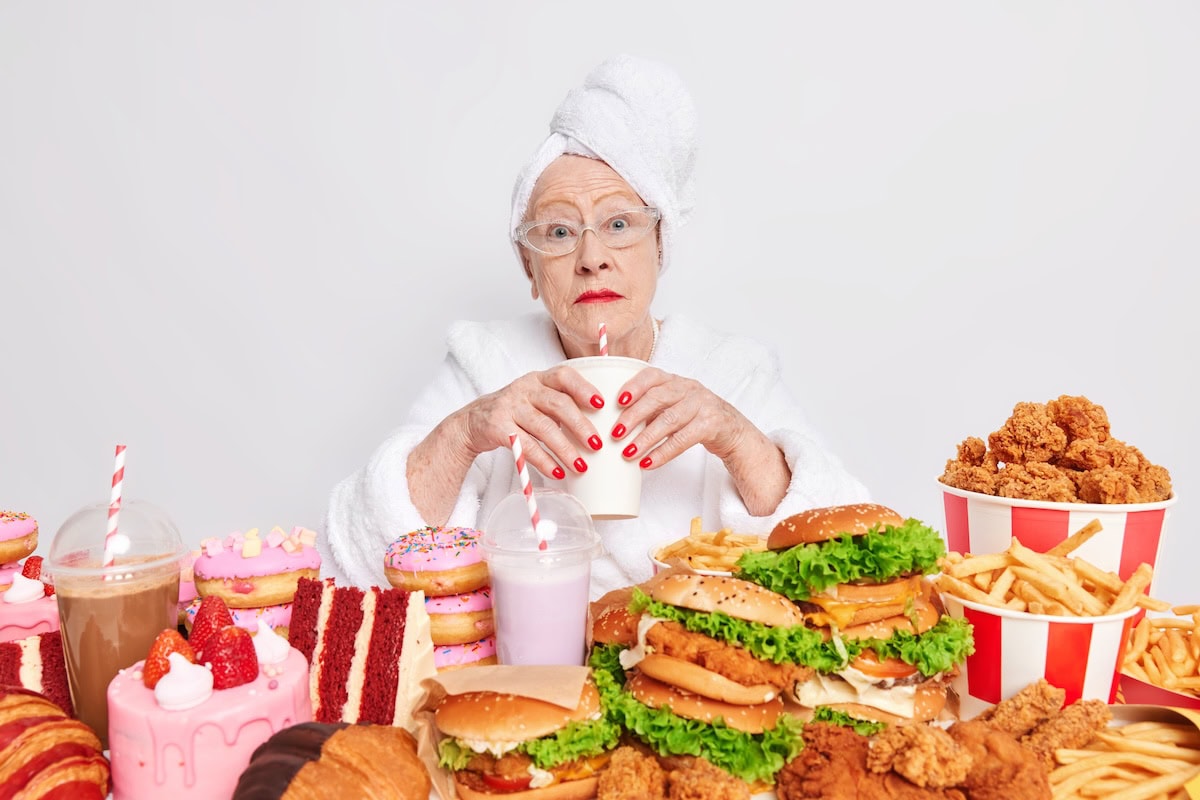
While snacking habits have evolved over the years, some nostalgic favorites from the past still linger on grocery lists. Unfortunately, many of these snacks are loaded with sugar, unhealthy fats, and artificial ingredients that don’t do our health any favors.
Read it here: The 15 Worst Snacks Baby Consumers Are Still Buying
12 Budget-Friendly Recipes That Stretch Your Grocery Dollar

When it comes to saving money without sacrificing flavor, the key is finding recipes that maximize simple, affordable ingredients. Packed with bold flavors and clever cooking techniques, each dish stretches your dollar while satisfying your taste buds.
Read it here: 12 Budget-Friendly Recipes That Stretch Your Grocery Dollar
12 One-Pot Meals Perfect for Busy Retirees

Retirement brings the joy of time and freedom, but it also brings the challenge of keeping meals easy, delicious, and not too time-consuming. Whether you’re cooking for yourself or sharing meals with family, these 12 one-pot meals will help keep the kitchen stress-free without compromising on flavor.
Read it here: 12 One-Pot Meals Perfect for Busy Retirees
You’ll love these related posts:
- 25 Black People Food Ideas That Celebrate Tradition and Flavor
- 25 Soul Food Recipes Southern Foodies Can’t Stop Raving About
- Viral TikTok Baked Sushi Recipe – Tastes Better Than You Think!
- 25 Cheap Family Dinners So Filling, Everyone Will Leave the Table Happy
- 30+ Charcuterie Board Ideas That Prove You’ve Been Doing It All Wrong!
